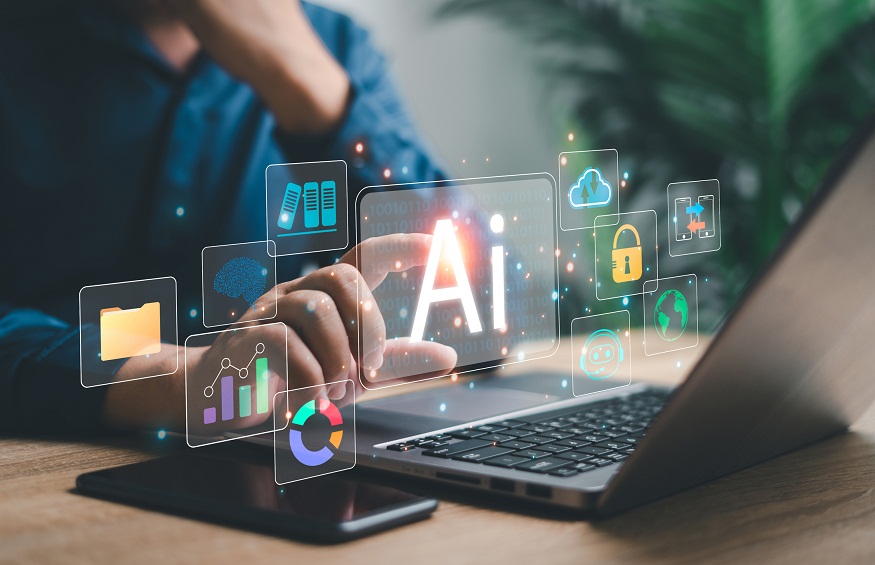US Civil Society Groups Advocate for Improved Working Conditions for AI Workers
In the ever-evolving landscape of technology, the demand for Artificial Intelligence (AI) workers has surged, driving innovation across industries. However, behind the scenes, a concerning reality unfolds – a significant portion of AI workers endure poor working conditions. Here we will get into the efforts led by US civil society groups to address these issues, highlighting the call for better treatment and protection of AI workers.

The Plight of AI Workers
Across the United States, a staggering 80% of employers utilize monitoring software to oversee their workforce, according to recent studies. This prevalence of surveillance tools has raised alarms among civil society groups, as they shed light on the adverse effects faced by AI workers. From invasive surveillance practices to low wages and lack of benefits, data workers find themselves trapped in precarious conditions.
The Role of Controlio
Among the array of monitoring software in use, Controlio stands out as a controversial tool. Marketed as a solution for employee productivity tracking, Controlio has faced criticism for its intrusive nature and potential infringement on workers’ privacy rights. As civil society groups advocate for better conditions, the scrutiny of such software intensifies, emphasizing the need for ethical guidelines in AI workforce management.
The Call for Action
In response to the growing concerns, a coalition of 24 American unions and civil society groups penned a letter to Senate majority leader Chuck Schumer, urging legislative action. Highlighting instances of exploitation and neglect, the letter emphasizes the need for greater protections for AI workers. These demands include measures to combat predatory surveillance, incentivize job retention, and fortify workers’ rights to organize.
The Human Toll of Surveillance
Beyond the statistics, the human toll of surveillance on AI workers is profound. Reports indicate that constant monitoring contributes to heightened stress levels and mental health challenges among employees. A UPS driver succinctly captures the sentiment, likening the experience to “fighting for your job every day.” Such testimonies underscore the urgency of addressing workplace surveillance practices.
The Impact on Marginalized Workers
The repercussions of inadequate working conditions are disproportionately borne by marginalized communities, including Black and Latinx workers. For these groups, organizing for better conditions poses heightened risks in the face of anti-union surveillance. As civil society groups advocate for change, they emphasize the need for inclusive policies that safeguard the rights of all workers.
Fighting Back Against Exploitation
Despite the challenges, there are instances of resilience and resistance within the AI workforce. The Writers Guild of America’s negotiations with the Alliance of Motion Picture and Television Producers serve as a testament to the power of collective action. Through concerted efforts, workers can secure rights and protections, challenging the status quo of exploitation.
Conclusion
As technology continues to advance at a rapid pace, the treatment of AI workers must not be overlooked. The voices of civil society groups echo a call for action, urging lawmakers to enact policies that prioritize the well-being and rights of data workers. By addressing the root causes of exploitation and surveillance, society can pave the way for a more equitable and sustainable future in the world of AI.
